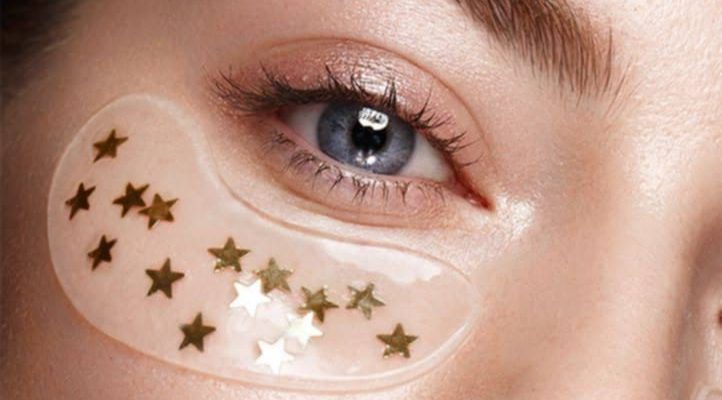Beauty is a concept that has fascinated humans for centuries, transcending time, culture, and context. It manifests in myriad forms, from the grandeur of nature to the intricacies of art, and even in the subtleties of human interactions. Beauty is not merely a visual experience but a multisensory phenomenon that can evoke profound emotions, inspire creativity, and foster a sense of connection.
In nature, beauty is omnipresent. The splendor of a sunset, the delicate petals of a flower, the majesty of a mountain range, and the serene expanse of an ocean—all these natural wonders captivate our senses and fill us with awe. The intricate patterns found in a butterfly’s wings or the harmonious arrangement of leaves on a tree branch demonstrate that beauty is inherent in the natural order. This natural beauty often serves as a source of inspiration for artists, poets, and philosophers, who seek to capture its essence in their works.
Art is another realm where beauty thrives. Whether it is a painting, a sculpture, a piece of music, or a dance performance, art has the power to convey beauty in ways that words cannot. The beauty of art lies not only in its form but also in its ability to communicate emotions, tell stories, and provoke thought. A masterpiece can leave an indelible mark on the viewer, offering a glimpse into the artist’s soul and the culture from which it emerged. Art, in all its forms, celebrates the diversity of human expression and the myriad ways in which beauty can be perceived and appreciated.
Human interactions also harbor a unique form of beauty. The kindness of a stranger, the smile of a loved one, the laughter shared among friends—these moments of connection and empathy highlight the beauty of the human spirit. Acts of compassion and generosity, no matter how small, contribute to the beauty of our collective existence. Such interactions remind us that beauty is not only found in the external world but also in the goodness and warmth that people can share with one another.
Beauty, however, is a subjective experience, shaped by individual perspectives and cultural contexts. What one person finds beautiful, another may not. This subjectivity is part of what makes beauty so intriguing and multifaceted. Different cultures have their own standards and interpretations of beauty, influenced by historical, social, and environmental factors. For example, the concept of beauty in ancient Greece, with its emphasis on symmetry and proportion, differs significantly from the Japanese aesthetic of wabi-sabi, which finds beauty in imperfection and transience.
Despite its subjective nature, beauty has a universal appeal. It has the power to transcend language barriers and cultural differences, offering a shared experience that can unite people. Beauty, in its various forms, has the ability to heal, uplift, and inspire. It can provide solace in times of hardship, spark joy in moments of celebration, and foster a sense of wonder and curiosity.
In conclusion, beauty is a complex and multifaceted concept that permeates every aspect of our lives. Whether found in nature, art, or human interactions, beauty enriches our existence and connects us to something greater than ourselves. It is a reminder of the extraordinary potential of the ordinary and the profound impact that moments of beauty can have on our hearts and minds. Beauty, in all its forms, is a testament to the richness of the human experience and the world we inhabit.

